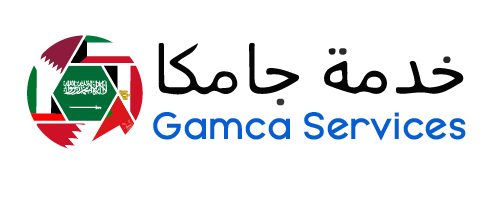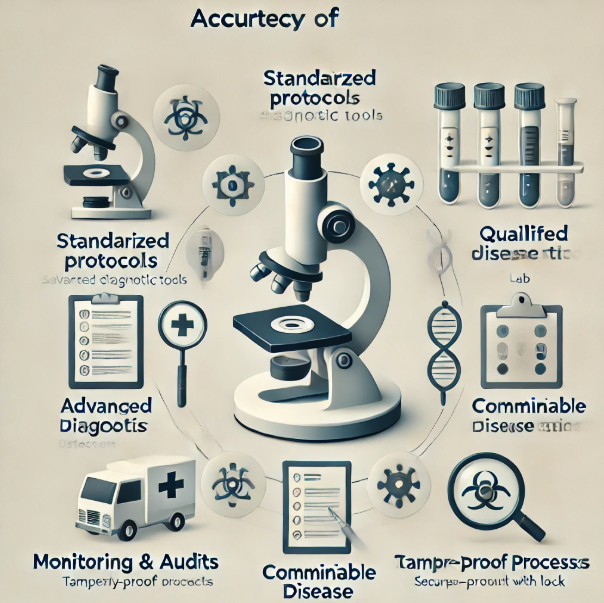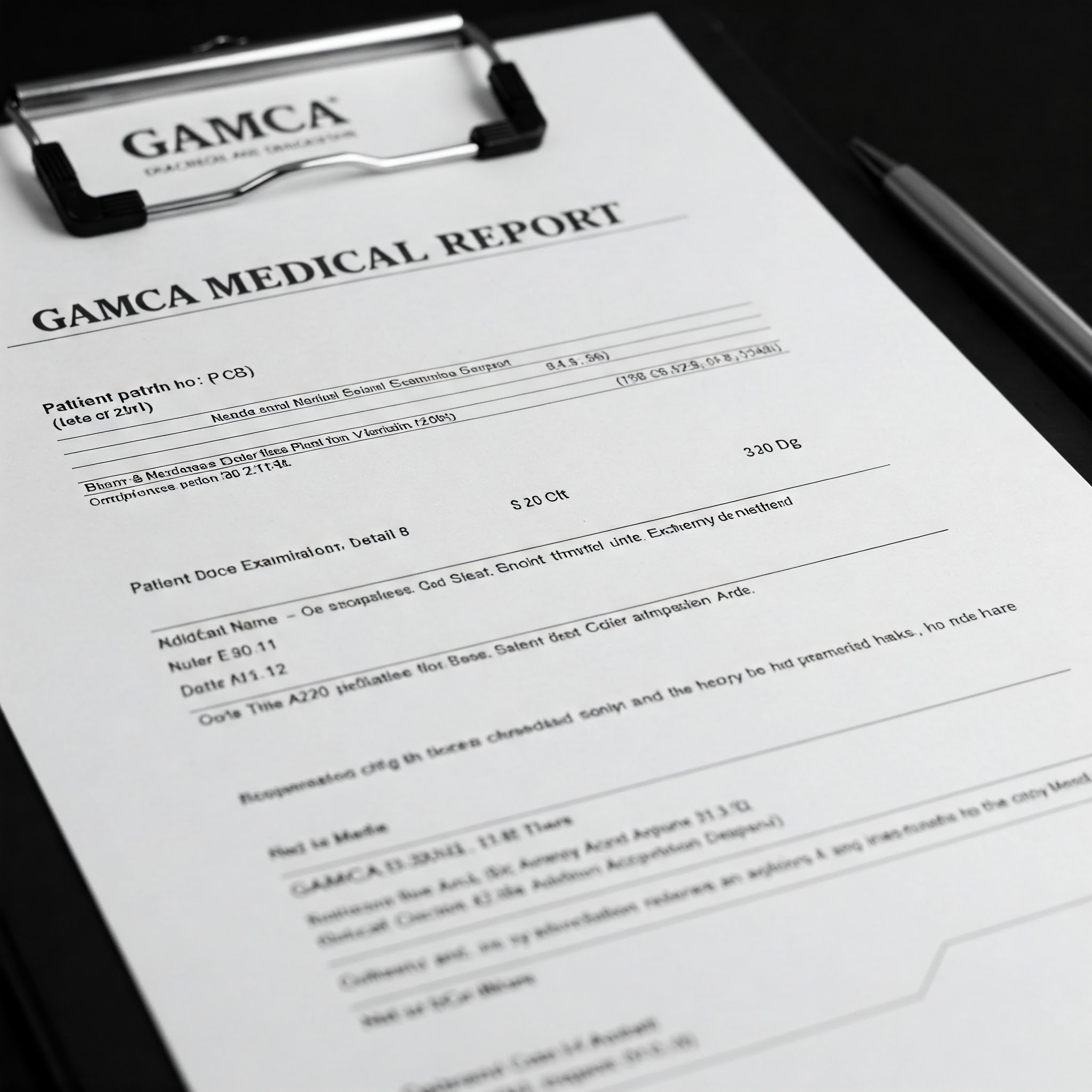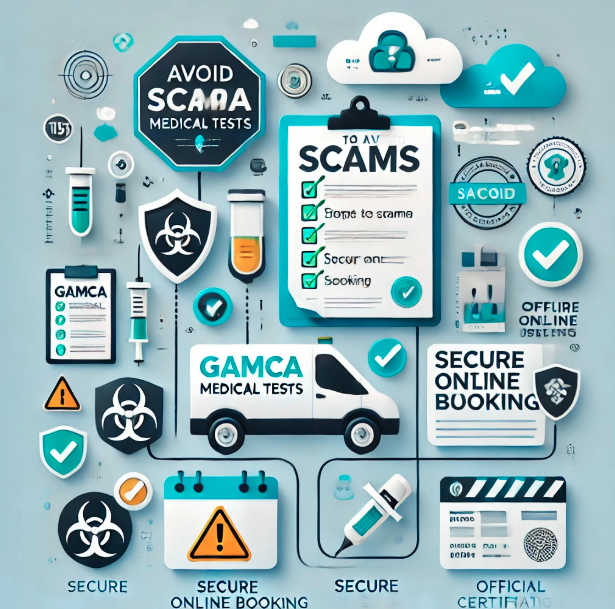GAMCA (Gulf Approved Medical Centers Association) medical examinations are intended to give precise and trustworthy assessments of applicants’ health conditions, confirming their fitness for employment and protecting public health in GCC countries. The following elements contribute to the accuracy of GAMCA medical tests:
- Standardized Testing Protocols
GAMCA requires that all of its accredited centres follow uniform medical guidelines. These standardized processes reduce variations in testing and evaluation, resulting in accurate results across multiple locations.
- Advanced Diagnostic Equipment
Approved medical facilities have sophisticated diagnostic tools such as advanced X-ray machines, automated lab equipment, and high-precision testing instruments. These devices improve the accuracy of test findings by reducing human error.
- Qualified Medical Professionals
GAMCA-approved facilities employ qualified and certified medical personnel, such as doctors, lab technicians, and radiologists. Their knowledge ensures that tests are administered properly and that results are interpreted correctly.
- Regular Monitoring and Audits
GAMCA performs routine audits and inspections of its affiliated facilities to verify that quality standards are met. Any deviations may result in sanctions or the termination of accreditation, ensuring responsibility and reliability.
- Focus on Communicable Diseases
Because of the use of well-established medical techniques, the tests are especially accurate in detecting illnesses such as tuberculosis, hepatitis, and HIV. Positive results are frequently reconfirmed using secondary testing to rule out false positives or negatives.
- Tamper-Proof Processes
GAMCA uses tamper-proof procedures, such as unique identifying numbers and digital reporting systems, to maintain the integrity of test results and avoid fraud.
Conclusion
While GAMCA medical tests are very accurate due to their standardized protocols, cutting-edge technology, and skilled administration, no medical system is immune to occasional errors. Applicants are asked to double-check their findings if there are any anomalies and to seek further clarification from professionals.




